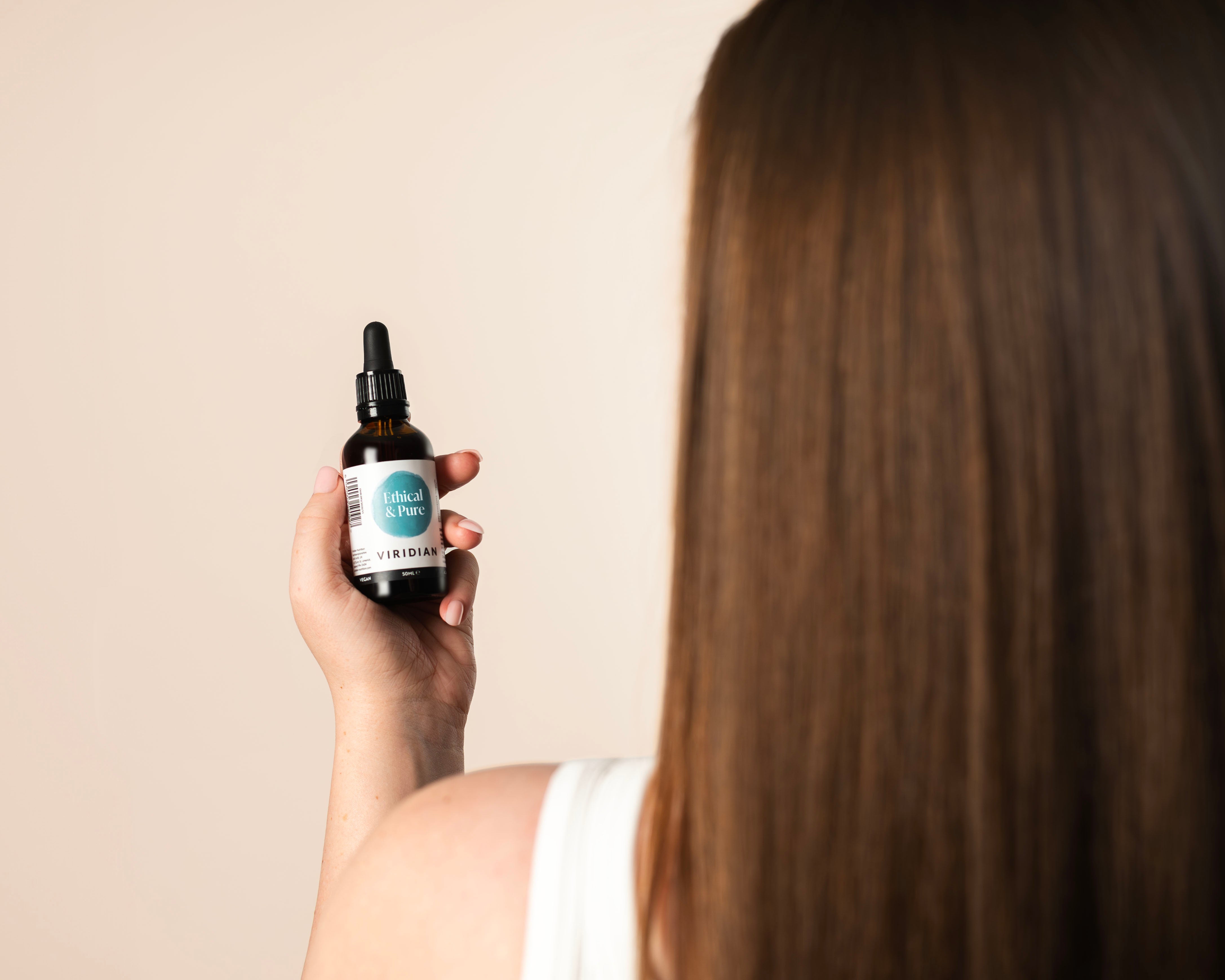
Name: Fenugreek
A surprising history: Fenugreek, also known as Trigonella foenum-graecum, is considered as one of the oldest plants used traditionally in Chinese medicine because of its health-promoting effects. Part of the Fabaceae family, fenugreek can be used in application for a wide array of both male and female specific ailments. It is categorized as a galactagogue and a phytoestrogenic herb. The seed of the fenugreek plant is the most used part and is popular in Indian dishes as a spice, it has a characteristic curry or maple syrup-like aroma.
Growing & harvesting: This plant is typically harvested in the Mediterranean and Asia, with the majority being produced in India, which accounts for 80% of the total world production. This botanical extract contains the bioactive compound saponins which have shown beneficial effects for testosterone and cholesterol levels. Fenugreek is used as a functional and traditional food as well as nutraceuticals and physiological application. This is because it is high in fibre and protein content.
Health giving benefits: The fenugreek seed is the most commonly used part of the plant, due to the saponin content. Fenugreek is a well-researched herb which has been shown to help with many areas of health. Human clinical trials have shown that fenugreek is an effective galactagogue, meaning breast milk production improved with fenugreek supplementation. Due to its role in breast milk production, fenugreek can be used safely and effectively during lactation.
It is also beneficial for those who suffer with menopausal symptoms and polycystic ovary syndrome (PCOS), having shown to reduce the number of hot sweats in menopausal women and reduce cyst count in those with PCOS. Dysmenorrhea, which is a condition classed as painful menstrual cramps, also improved with fenugreek supplementation as pain severity significantly reduced when compared to placebo. Despite supporting female complaints, fenugreek is also known to improve sexual function and serum testosterone levels in men. Its ability to increase testosterone levels means it is also useful for improving sports performance in resistance-trained male athletes. Meaning it is a good all-rounder which can be used for both male and female ailments.
In addition to this, fenugreek supplementation has shown a significant benefit for reducing cholesterol and triglyceride levels. As well as improving blood sugar levels, it can be seen as a benefit to those with cardiovascular condition and metabolic syndrome. Fenugreek also exerted positive benefits on cognitive parameters and quality of life in patients with Alzheimer’s disease.
Taking Fenugreek: Taking a fenugreek supplement which has a high standardised amount of saponins will give you the optimal amount of the active required to harness the benefits from fenugreek.
Our Top Tip: Choosing a supplement which comes in a capsule form and includes a therapeutic dose is a good way of taking this herb. It is important to note that there are supplements out there which include excipients and artificial ingredients. These manufacturers also often source their ingredients from unethical farms to reduce cost.
To find out more about the health benefit of fenugreek, visit your local health store for further dietary, supplement and lifestyle advice at www.findahealthstore.com
Author: James Pugh, BSc, is a Nutrition Advisor at Viridian Nutrition. He holds a BSc honours degree in Sport & Exercise Nutrition.
References:
- R.K. Kakani, M.M. Anwer, 16 - Fenugreek, Editor(s): K.V. Peter, In Woodhead Publishing Series in Food Science, Technology and Nutrition, Handbook of Herbs and Spices (Second Edition), Woodhead Publishing, 2012, Pages 286-298, ISBN 9780857090393, https://doi.org/10.1533/9780857095671.286.
- Nagulapalli Venkata KC, Swaroop A, Bagchi D, Bishayee A. A small plant with big benefits: Fenugreek (Trigonella foenum-graecum Linn.) for disease prevention and health promotion. Mol Nutr Food Res. 2017 Jun;61(6). doi: 10.1002/mnfr.201600950.
- Drugs and Lactation Database (LactMed®) [Internet]. Bethesda (MD): National Institute of Child Health and Human Development; 2006–. Fenugreek. 2023 Dec 15.
- Askarpour M, Alami F, Campbell MS, Venkatakrishnan K, Hadi A, Ghaedi E. Effect of fenugreek supplementation on blood lipids and body weight: A systematic review and meta-analysis of randomized controlled trials. J Ethnopharmacol. 2020 May 10;253:112538. doi: 10.1016/j.jep.2019.112538.
- Geberemeskel GA, Debebe YG, Nguse NA. Antidiabetic Effect of Fenugreek Seed Powder Solution (Trigonella foenum-graecum L.) on Hyperlipidemia in Diabetic Patients. J Diabetes Res 2019;2019:8507453.
- Wilborn C, Taylor L, Poole C, Foster C, Willoughby D, Kreider R. Effects of a purported aromatase and 5α-reductase inhibitor on hormone profiles in college-age men. Int J Sport Nutr Exerc Metab. 2010 Dec;20(6):457-65. doi: 10.1123/ijsnem.20.6.457.
- Rao A, Steels E, Inder WJ, Abraham S, Vitetta L. Testofen, a specialised Trigonella foenum-graecum seed extract reduces age-related symptoms of androgen decrease, increases testosterone levels and improves sexual function in healthy aging males in a double-blind randomised clinical study. Aging Male. 2016 Jun;19(2):134-42. doi: 10.3109/13685538.2015.1135323.
- Sankhwar SN, Kumar P, Bagchi M, Rungta M, & Bagchi D. Safety and Efficacy of Furosap, a Patented Trigonella foenum-graecum seed extract, in Boosting Testosterone Level, Reproductive Health and Mood Alleviation in Male Volunteers. Journal of the American Nutrition Association. 2023; 42 (1) 27-35.
- Visuvanathan T, Than LTL, Stanslas J, Chew SY, Vellasamy S. Revisiting Trigonella foenum-graecum L.: Pharmacology and Therapeutic Potentialities. Plants (Basel). 2022;11(11):1450.
The information contained in this article is not intended to treat, diagnose or replace the advice of a health practitioner. Please consult a qualified health practitioner if you have a pre-existing health condition or are currently taking medication. Food supplements should not be used as a substitute for a varied and balanced diet.







